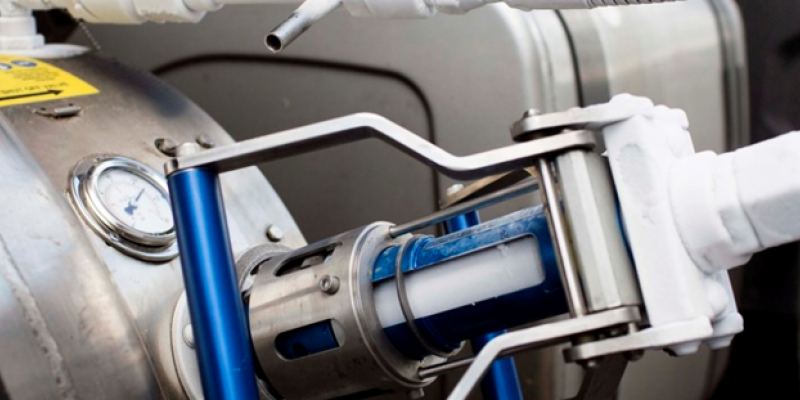
The Challenge
As part of an Interreg project, the Netherlands and Germany joined forces to make shipping cleaner and more sustainable. Various project partners were tasked with implementing new technologies, such as LNG propulsion systems, to reduce emissions. However, these advancements also required specialized training for maritime staff working on ships and in ports.
Innovam was asked to evaluate and implement the best training methods to ensure effective and sustainable learning. The goal was to develop a blended learning approach that would equip maritime professionals with the knowledge and practical skills needed to work safely and efficiently with new fuel technologies.
Our Approach
Innovam began by conducting a target group analysis to understand how maritime professionals learn and access training materials. This assessment also identified potential challenges, such as limited internet access on ships, which influenced the design of the training solutions.
Building on this research, Innovam adapted the existing classroom training "Introduction to LNG Technology" into a blended learning program, consisting of:
- E-learning modules with interactive animations, allowing participants to learn at their own pace.
- Shortened classroom sessions focused on hands-on practical skills.
- Augmented and Virtual Reality training, designed to test whether these technologies could enhance learning outcomes.
- Real-time progress tracking, collecting data on student performance to ensure competency before certification.
By combining digital learning with practical application, the program ensured that maritime professionals could gain critical skills without extended time away from work.
The Impact
The new training model provided a clear, structured learning pathway for maritime staff, ensuring they could adapt to sustainable fuel technologies efficiently. By integrating blended learning methods, participants were able to train flexibly, even while onboard. This reduced disruptions to operations and improved training success rates.
By proving the effectiveness of Augmented and Virtual Reality in maritime education, the project also laid the foundation for future innovations in blended training. Through this approach, shipping companies can now upskill their workforce efficiently, supporting the industry’s transition to cleaner, more sustainable shipping practices.